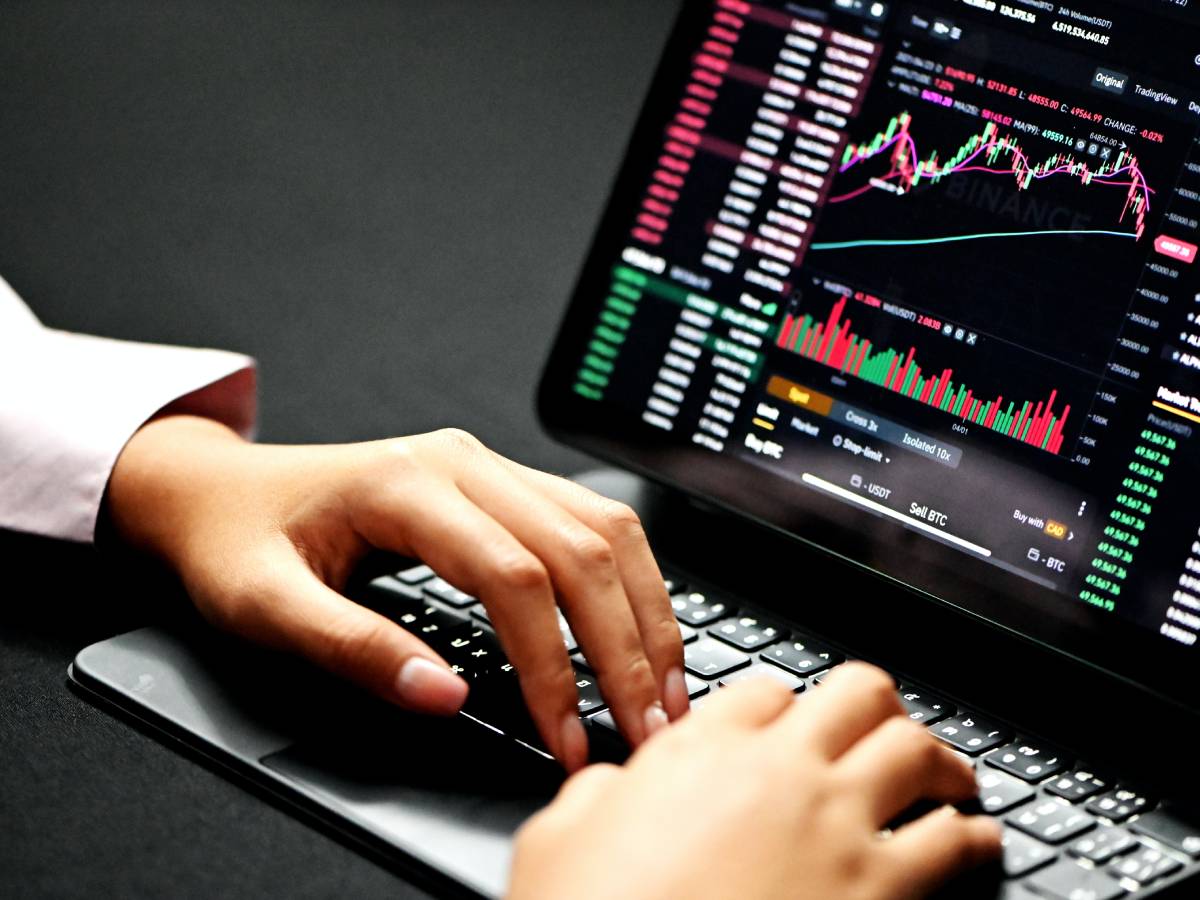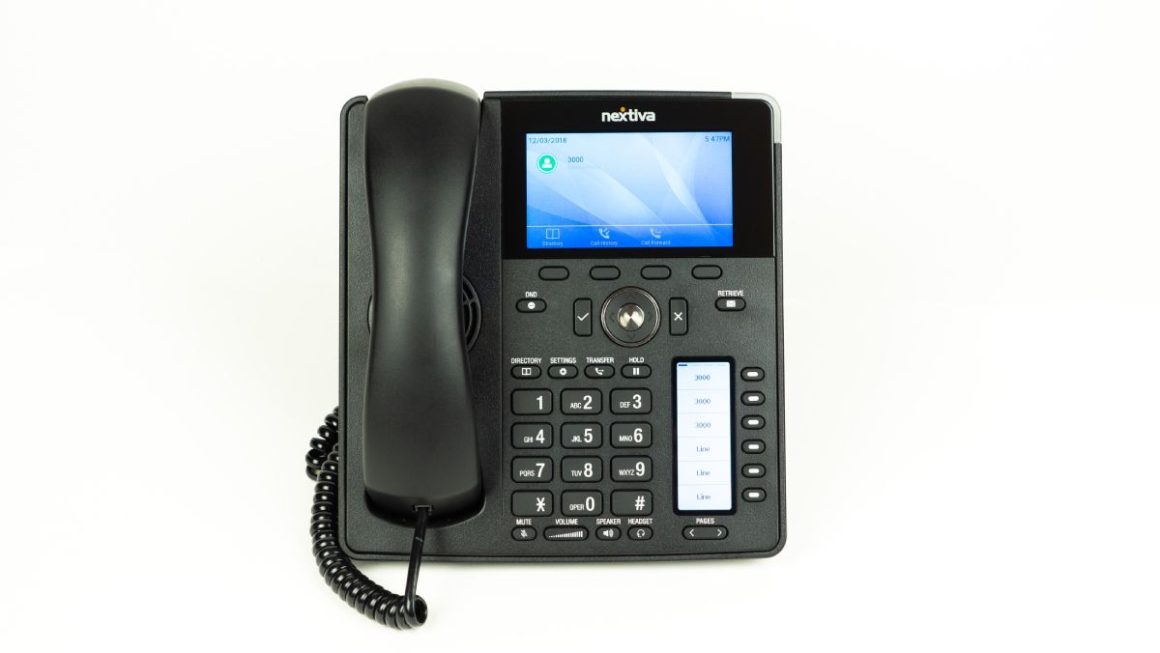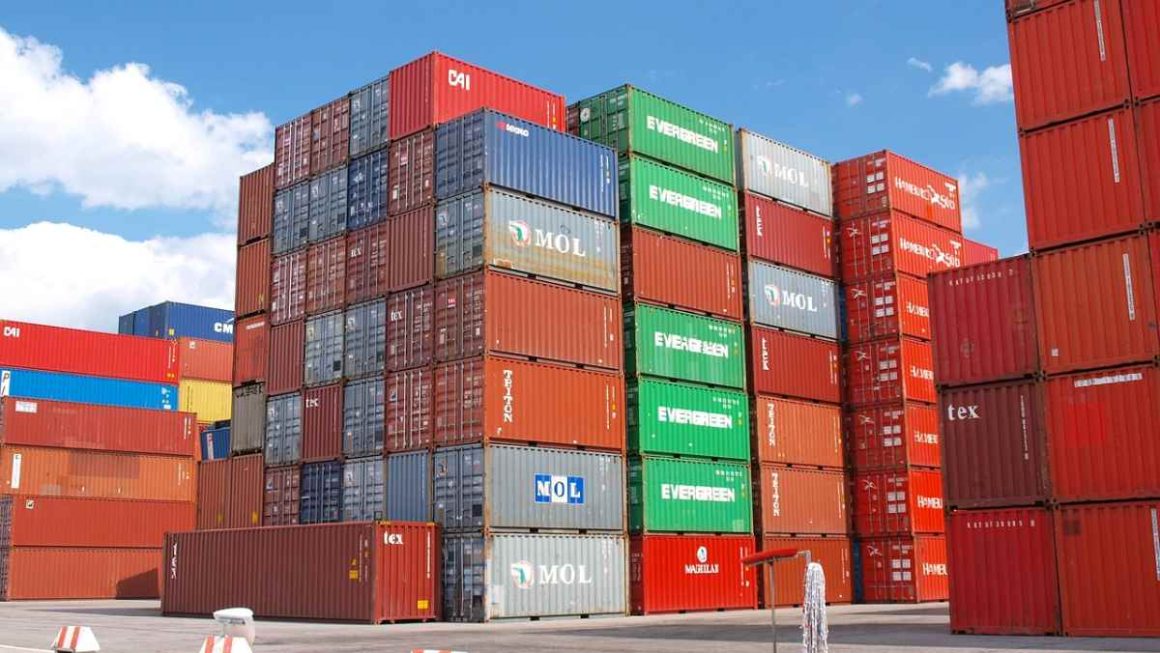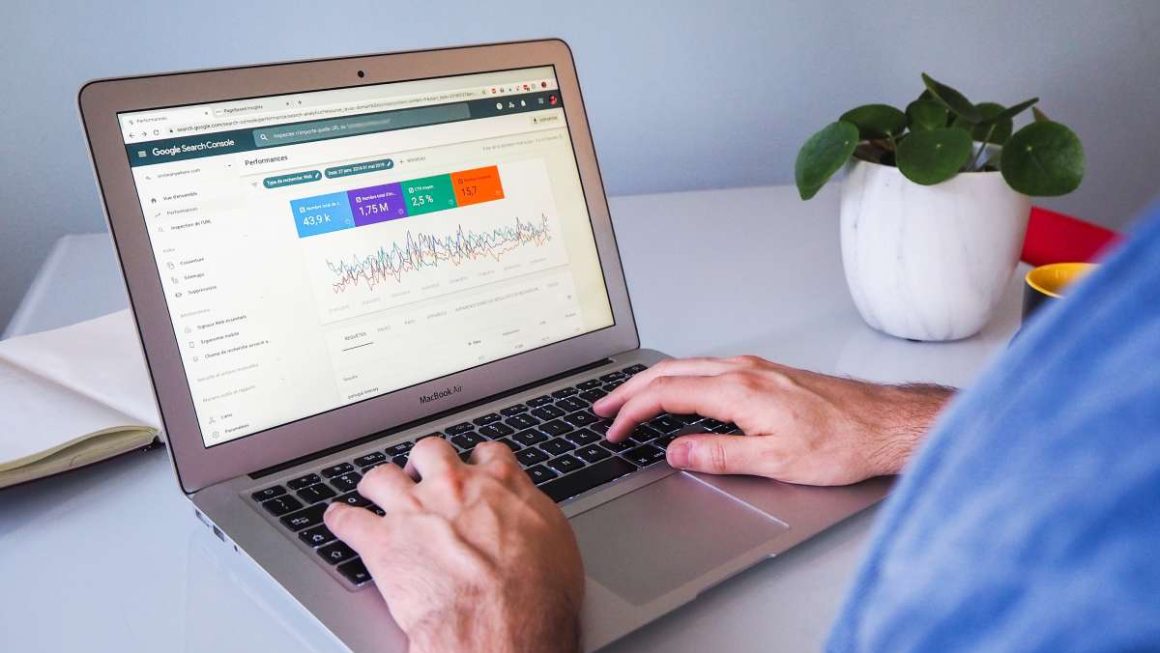Currency Trading for beginners entails purchasing one currency while concurrently selling another. Currency exchange takes place in pairs to make these transactions easier.
Table of Contents
What is Currency Trading?
forex trading for beginners means a wealth of opportunities. Currency appreciation or depreciation can be caused by central bank meetings, unemployment rates, and other economic data releases.
Trading currencies is a relative activity; as a result, whenever you buy one currency, another or several currencies in exchange must be necessarily sold.
How Does Currency Trading Work?
Currency crosses and currency baskets are the two ways to trade currencies.
Trading currency crosses requires a more detailed understanding of how one currency may move against another single currency. Therefore, exchange rates you can purchase or sell are frequently quoted for these markets.
Many beginners in forex trading may employ currency baskets that call for a basic understanding of the general direction of a market, such as the US dollar against a basket of other currencies, typically including pounds, euros, yen, and more.
Types of Forex Trading Markets
Each currency has an exchange rate against every other currency, and these values constitute the core of the whole foreign exchange market.
What distinguishes forex trading from the foreign exchange? How Do They Affect Currency Trading?
With only minor differences, the terms foreign exchange, forex, and forex trading all refer to the same market:
The broad phrase “foreign exchange,” which includes both spot and derivative markets, is frequently used to refer to all exchange rates and currencies.
Monetary units like the dollar, yen, or euro refer to the means of exchange used by a country or region. When trading currencies, you usually use derivatives like futures and options to gain access to them. Spot, or cash exchange rate markets have a high degree of specificity in their structure and pricing, and these markets are commonly identified by the term “Forex.”
Advantages of Currency Trading
Know why Currency trading for beginners is a good investment option.
Low Entry Barriers:
No minimum capital requirement makes it possible for anyone to start a forex trading account. Your broker will provide you leverage, up to 100X, meaning that if you have Rs.10, 000 in your forex trading account, you can open positions worth up to Rs.10 lakhs.
Leverage:
Leverage is a brief loan your broker provides against the money in your trading account. An insignificant trader can take significant positions in the currency market and make endless profits because of leverages that can reach 100x.
Transparency:
There is a limited chance of long-term insider price manipulation by central banks or market participants because information relating to changes in interest rates and currency exchange rates is easily accessible.
Low Transaction Costs:
In the equities market, brokers impose a flat fee for every trade regardless of the trade’s size, which impacts your profit margin. On the other hand, brokers make money in Forex trading from the spread or the difference between the asking price and the bid price.
No cap on returns and less reliance on fundamental analysis:
You can earn endless earnings in the currency market because of features like a 24-hour market, high leverage, and a daily turnover of 6.6 trillion US dollars. Technical analysis rather than fundamental research is used more frequently in the currency market. Therefore, making money depends more on your trading approach than on market fundamentals.
Disadvantages of Forex trading
Market volatility:
Every second, currency changes, and these changes are more pronounced during geopolitical unrest or election seasons. Even a negative change of 1 or 2 pips might result in significant losses for investors during such periods.
Humans are not robots:
The international currency markets are open around the clock in all time zones. However, certain currency markets close at 5:00 pm every day.
Since numerous time zones make it challenging for traders to follow price swings, they frequently miss out on potential opportunities.
High leverages – a double-edged sword:
Anything in excess can make things go wrong with your budget. Ample leverage enables you to take prominent positions in the market, but even a slight negative change can result in enormous losses. Therefore, it’s crucial to know your level of risk tolerance and practice-wise money management.
Brokerage costs:
Through the spread, brokers profit from Forex trading. Therefore, your transaction costs will be higher with more comprehensive spreads. In contrast to interbank trades, where a pip is charged, traditional brokers charge anywhere from 3 to 20 pips.
Some discount brokers have a flat fee schedule. Regardless of the magnitude of the trade, they may charge as little as 30 cents for each transaction.
Less–regulated:
The currency market is much less regulated globally than the stock markets, despite being jointly controlled by the central banks and SEBI. Resultantly, banks and brokers hold a large portion of the world’s currency market, which can result in fraud, unfair pricing manipulation, counterparty risk, etc.
What Difference Do Currency Futures and Currency ETFs Make?
Although currency exchange-traded funds can provide easy exposure similar to futures, their capital requirements may be significantly greater. Futures can compensate for the historically low volatility of foreign exchange markets with their elegant and effective margin mechanism. On the other hand, ETFs offer margins to most traders between 50% and 100%, regardless of how volatile the underlying market is. Due to this, both amateur and experienced traders may find currency futures significantly more appealing than ETFs.
How to Trade Currencies
Currency trades are excellent for portfolio diversification because foreign exchange markets have little to no link to stock markets. In addition, by trading currency futures, many people try to predict the value of exchange rates in the future or reduce their currency risk.
Although exchange rates might shift significantly and trend for a long time, they typically stay within a specific range.
How do changes in interest rates impact trading in foreign currencies?
Another thing to know about forex trading for beginners is the impact of interest rates, which is more indirect. The automatic response would be for US dollars to increase if, for instance, interest rates rose in the US. However, the impact of interest rates on currencies is more relative because they are valued against other currencies whose regions also experience changes in interest rates. Therefore, the value of US dollars may decline if the euro or pound interest rates rises.
How to trade currencies online
Exchanging currencies online is the best method to profit from its difference. This straightforward step-by-step process outlines the fundamental steps in currency pair trading, which is not as difficult as it may seem.
Choose a currency pair: The broker will ask you to choose a base currency when you trade forex online. Then, you can exchange this currency for another. You will only be able to trade currencies in pairs.
Conduct market analysis: After careful investigation of the forex market, exchange currency pairs. Trading platforms offer a wealth of technical tools for carrying out such research. In addition, forex traders can gain valuable insights into political, environmental, and social variables by reviewing historical charts, current trends, and keeping an eye on the news.
It is crucial that forex trading be carried out with an informed investigation of technical and fundamental data and not only on instinct.
Conclusion:
A crucial element of the larger forex market is forex trading and currency pairs. The daily turnover of the currency market has low volatility and strong liquidity. Trading currency pairings can be profitable through speculative CFD trading or by purchasing foreign money with the expectation that its value would increase. The first step to trading on the forex market is learning how to exchange currencies.




